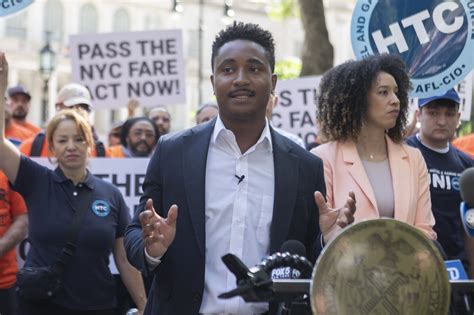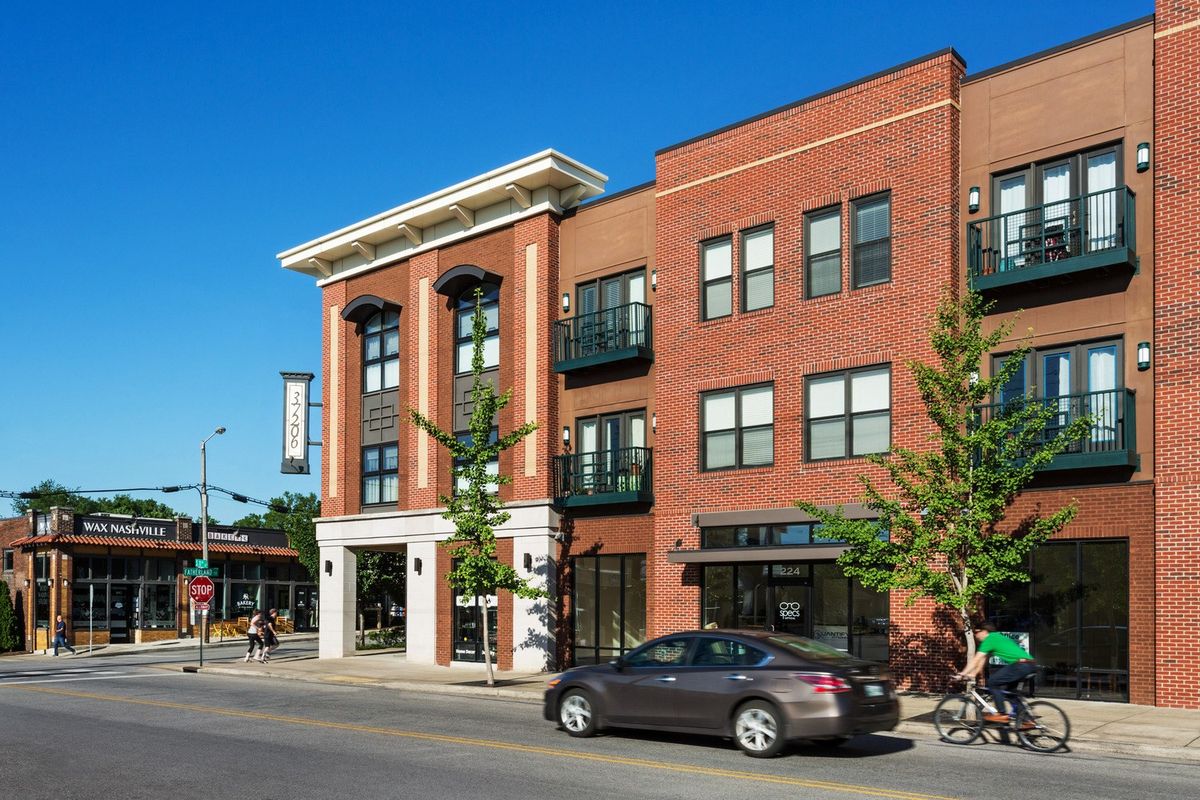The FARE Act and Its Impact on Rent, Housing Supply, and Zoning in New York City

Introduction: The FARE Act in NYC Housing Policy
On June 11th, 2025, the FARE Act took effect in New York City. Aimed at removing the burden that the brokerage fee placed on tenants, the act forces landlords to pay the brokerage fees for new tenants. While this may seem like a good way to help renters cut down the costs associated with renting or renewing an apartment, the act immediately produced adverse effects.
The most prevalent of these was cost offloading – many landlords not wanting to directly cover the broker fee opted for small rent increases. Average rents after the passing of the FARE Act have experienced a substantial increase. This means that instead of a one-time broker payment, tenants would be on the hook for the entirety of their lease, paying substantially more than the original broker fee, spread out over an extended period of time.
Additionally, the number of available apartment units for rent in Manhattan have decreased significantly, with a 12.5% drop from May to June of 2025. The apartments didn't just disappear; landlords have just grown more reluctant to rent out their units due to having to frontload the impact of the absence of the brokerage fee.
Why a Zoning Non-Profit Cares About the FARE Act
Your next question may be, why does a rezoning non-profit care about the FARE Act?
The answer is simple: city regulation is one of the most important factors in zoning. Without a competent and efficient city council, acts like this will be passed without considering potential opportunities for legislation to backfire. While well-intentioned, the act has ultimately become a burden for renters and landlords alike, forcing an increase in rents and a shortage in housing units.
Similar short-sighted legislation has been passed in many areas nationwide, ultimately slowing cities and communities from developing. Zoning laws are the perfect example of this. Once bustling population centers, cities like Newburgh and Utica, in upstate New York have been gutted. They have been restricted by well-intentioned, yet ill-advised laws, that impede the construction of higher-density residential and business units.
Zoning Reform as a Long-Term Solution for Housing Affordability
As a non-profit dedicated to advocating for zoning and policy reform, we believe that the only solution to the fallout created by the FARE Act is the scrapping of the act that would structure brokers' fees based on the market value of the apartment. This system is in place in countless other cities, with renters paying 10-15% of the yearly rent as the broker fee.
However, a rewrite of this act is largely off the table because there is no practical way to classify all apartments in NYC under one law – NYC neighborhoods range drastically in rent price. The previous arrangement, which relied on brokers sorting their own prices, resulted in a relatively high initial cost for renters but, in the long term, somewhat avoided increasing rents to offset the lack of the brokerage fee.
The Need for Rezoning and Smarter Housing Policy in NYC
In the long term, there is no telling how the FARE Act will affect rents in NYC. It can either eventually balance rents out or keep them perpetually increasing. What is clear, however, is that the city must prioritize rezoning and well-thought-out legislation as tools to lower rents and increase housing supply.
This is one of – if not the only – methods to reliably decrease rents, increase population, and increase economic activity without sacrificing existing renters' well-being. The FARE Act is merely a band-aid to an issue that is much more severe than credited. Without long-term, well-thought-out zoning solutions, rents will continue to rise, and more people will be increasingly burdened to stay in New York City.
CivicReset's Mission
At CivicReset, we are committed to exposing the flaws of short-sighted policies and advocating for meaningful zoning reform. Only through smart rezoning and city planning can New York City lower rents, expand housing supply, and create stronger communities for the future.
Written by Angelo Mazza
📖 Read More on CivicReset
Explore our latest articles on NYC rezoning, housing affordability, and zoning reform nationwide at www.civicreset.org/articles
Related Articles

Why Zoning Reform Alone Won't Solve the Housing Crisis — and What Will
Zoning reform is central to the YIMBY movement, but it only raises the ceiling on what developers can build. Land value taxation raises the floor, pushing developers to actually use the opportunities zoning reform creates. Together, they can finally tackle the housing crisis.
8 min read

Zillow Says the Housing Market Is 'Healthy' — Buyers Say It's Still Broken
Zillow economists predict U.S. home prices will modestly rise 1-2% through 2026. But stability does not mean affordability—structural issues like zoning and insufficient construction continue to keep homeownership out of reach for younger generations.
5 min read

This Oklahoma Development Shows What Walkable Cities Are Supposed to Look Like
In Edmond, Oklahoma, entrepreneurs Austin Tunnell and Matthew Myers are building Townsend—a mixed-use development that blends residential, commercial, and community spaces into a truly walkable neighborhood. This is what good urban planning looks like.
6 min read
